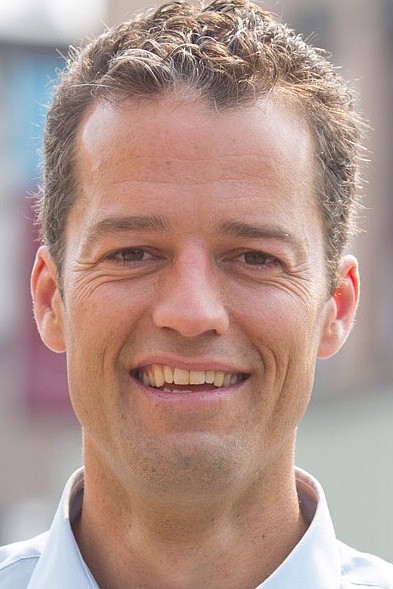Invest in open space while we still have it
SHELBY ROGNSTAD Contributing Writer | Bonner County Daily Bee | UPDATED 3 years, 10 months AGO
Sandpoint and the region is at a critical moment right now. Idaho continues to be the fastest growing state in the nation and the Panhandle is taking its share of that growth. Through the pandemic, the Sandpoint economy remained strong as people poured in to escape the urban crowds and enjoy the natural amenities and open space that define our home. Sandpoint’s investments in parks, open space and quality of life continue to deliver positive economic impacts.
As the population continues to grow and land prices go up, the ability for the region and Sandpoint in particular to develop trail connectivity and open space becomes increasingly challenging. Open spaces are lost to development and then the cost becomes increasingly probative for public investment. In an Engage Sandpoint survey in 2019, residents overwhelmingly supported open space as the top priority for future investments in recreation.
Open space is any area of land that is not developed. It can include working landscapes like forests, farms and ranch lands. It can include urban green spaces, historic areas, natural areas, scenic overlooks and wetlands. Of course it can also include public parks, greenways and trails. When the public advocates for and invests in open space, we are maintaining our quality of life for present and future generations.
There are a lot of reasons why open space adds a value to a community and sometimes in ways that aren’t necessarily addressed by traditional parks. From an operational perspective, open space is much more affordable to acquire and maintain than traditional parks, like ball fields and playgrounds, which require expensive infrastructure and are resource intensive. Yet, open space still plays a critical role in helping people get outside and stay healthy and active. This is vitally important in a society where nearly half of Americans get less than the doctor recommended minimum amount of physical activity.
Open space attracts investment, tax-paying businesses and residents. Those taxes help the government pay the bills and it raises property values for residents and business owners. It also helps communities prevent the higher costs of unplanned development. It boosts tourism which stimulates commercial growth and expands recreational opportunities. Open space promotes city revitalization creating attractive places to live, work and play. It has a host of environmental benefits like managing floodplains and stormwater, providing drinking water, cleaning the air, and achieve other environmental goals like protection of habitat, including agricultural lands which are critical to our economy and our community.
As infill development continues to happen in and around the city, the opportunity for the public to secure access, easements and lands protected as open space will continue to shrink and become more cost prohibitive. The economics of open space public investments relative to parks are dramatically more cost efficient from a construction, maintenance and operations perspective and can often be supported by volunteer groups as well as taxpayer dollars. Sandpoint Disc Golf Association, Pend Oreille Pedalers, Friends of the Pend d’Oreille Bay Trail and Friends of the Mickinnick Trail are all great examples of volunteer groups that have leveraged public open space to establish valuable community assets with little to no tax dollars.
Sandpoint rightfully values its and open spaces and it should be proud that it has prioritized protecting these places for generations. Since 1918 the city has invested in the Little Sand Creek Watershed, purchasing 4,000 acres over the last century. We’ve seen public investment continue more recently with projects like Pine Street Woods, Pend d’Oreille Bay Trail, Syringa Trail Network and many others. These investments in open space have defined who we are as a community. Sandpoint is beautiful, healthy and fun because of our longtime commitment to protecting open space. As Sandpoint continues to grow, we will need to renew our commitment to open space if we are to retain what makes this place one of the best places to live. This renewed commitment will not only make life here more enjoyable, more sustainable and more beautiful, it will be the most cost effective way to bring greater prosperity to Sandpoint for generations to come.
Please join me for the Mayor’s Roundtable to discuss these issues and more this Friday, Feb. 26 at 4 p.m. on Facebook Live: Mayor Shelby Rognstad.
Shelby Rognstad is the mayor of Sandpoint. He can be reached at mayor@sandpointidaho.gov.




